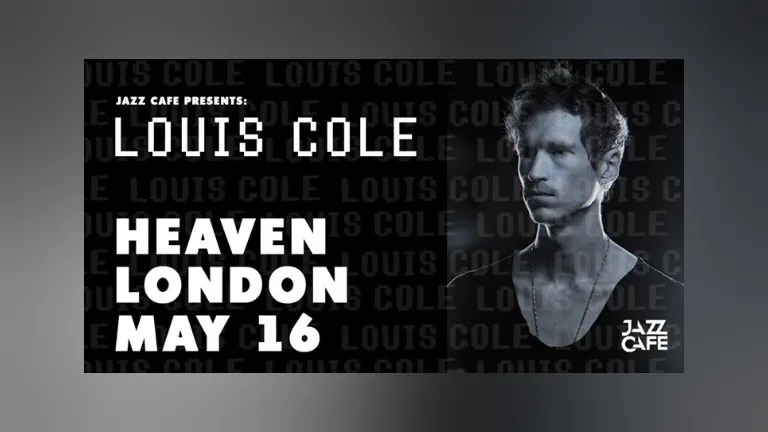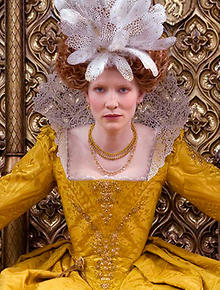
May 16th was the tenth Anniversary of my wedding with Teresa. Unfortunately I booked a ticket to a gig on the same day without noticing the clash of dates. When it drew nearer, and I realised, I tried to convince Teresa to join me, in attending the concert, but she didn’t want to, alas.
Anyhoo, I wound up going anyway, as I was determined to see Louis Cole live, having only recently discovered him, and so often missing such events. Going down to London for a gig was great fun. I drove all the way. I didn’t need to worry about the Congestion Charge, as it was after 6pm.
I had the car parked in a hotel, by a valet! This was arranged through Just Park, and was great. The gig was at Heaven, where I used to go to the club night Megatripolis (or Mega-Triple-Tits, as we sometimes knew it). Those were strange days, when I was something of a lost soul. I didn’t like the techno/trance clubbing or ‘rave’ scene that these nights were part of. But the crowd I was hanging out with at the time were really into all that shit. And tumbleweed soul that I was, I drifted along with it.
Anyway, all that is another story, perhaps for another time. On this occasion I was there to see/hear some music I love. There is a bit if irony inasmuch as I would’ve preferred, I think, to see Cole with other supporting musicians, as opposed to performing solo.
His solo act consists of looping stuff played via keyboards, using a laptop running some sort of sequencing software, singing along, and occasionally hopping on the drums to go ape. It’s a strange mix, frankly. As a drummer I really enjoy the kit segments. And I’m quite surprised how much others appear to enjoy this part to.
However, the singer/songwriter aspect of his craft suffers a little in this format, as he has to layer the sounds live – on this occasion, impressive as he was, it was far from flawless – and he tended to cut the songs, once they got going, rather short.
Now, my memory might be failing me here, but whilst I heard a good number of his ‘hits’, I missed a few I particularly would’ve like to have heard, such as ‘?’, Blimp and Things.
I was also a trifle disappointed at the merch’ stall, which had just the one rather crappy tee-shirt, and only his most recent Time album, on CD and vinyl. I bought a copy of the CD. I had been intending to perhaps buy several CDs, by which I mean I was hoping to acquire both other discs if former recordings, and multiple copies to give to friends/family. But in the end I only bought the one, for my own personal ‘stash’. Partly ’cause only the one was available, and also cause I wasn’t sure who, if anyone, might appreciate it.
My final thoughts on this concern the child of our times type idea: I’m now in my late forties; Cole’s in his early thirties, and the audience was mostly very young (teens/twenties). This impinges on several factors: the energy/vibe, which was very much that of youth. And then there are the ‘fashion’ aspects, which affect both the music, and his Cole and his fans present themselves.
As I grow older I care less and less about the tribal identification that’s part and parcel of modern culture, and modern pop-culture in particular. And whilst Cole’s music speaks very directly to me, the visual presentation aspect isn’t quite so concurrent.
His goofy dancing in, for example, Weird Part of the Night, I absolutely love. But his sartorial choices – goofily postmodern, part kitsch, part lazy slob (witness the towel nightgown in the Things video) – is a little alien to me. It seems to partake of a dayglo trashiness (and his Knower musical stuff even more so, esp. in the visuals aspect) in a way that revels in the junkiness (and I mean disposable tibbish, not drugs) of contemporary culture.
All of this comes to a head in his spoken word recitation, to the backing of ‘More Love Less Hate’, which I both admire for its unabashed retro-beatnik candour, and find slightly awkward. I guess this sums up Cole and his music, as it currently stands: impassioned, admirable, and slightly awkward.
Like his performance, this was less than perfect. And, in some respects, that in itself was as much a strength as a weakness: it was real. The most ‘jazz’ thing about his performance – and he’s been schooled in the jazz tradition (taught by big-band dude ‘?’ and citing hearing Tony Williams’ Lifetime as life-changing) – is that at its core, and despite the use of tech/loops, it’s live in-the-moment improv.
Folk like Vulfpeck and Cole give me hope that modern music still has a human heart, or – dare I say it? – soul. Vulfpeck’ connectedness and indebtedness to traditions of funk, soul, etc, are more trad and obvious. Cole’s somewhat more chameleon and magpie like, and consequently both a bit more radical and uneven.
Still, I’m glad I made the effort to get out and see him play live. It’s not something I do much anymore. In truth it’s not something I’ve ever really done that much. And despite flying solo on this occasion (actually it’s a lifetime M.O. with me) it was both fun and worthwhile.








